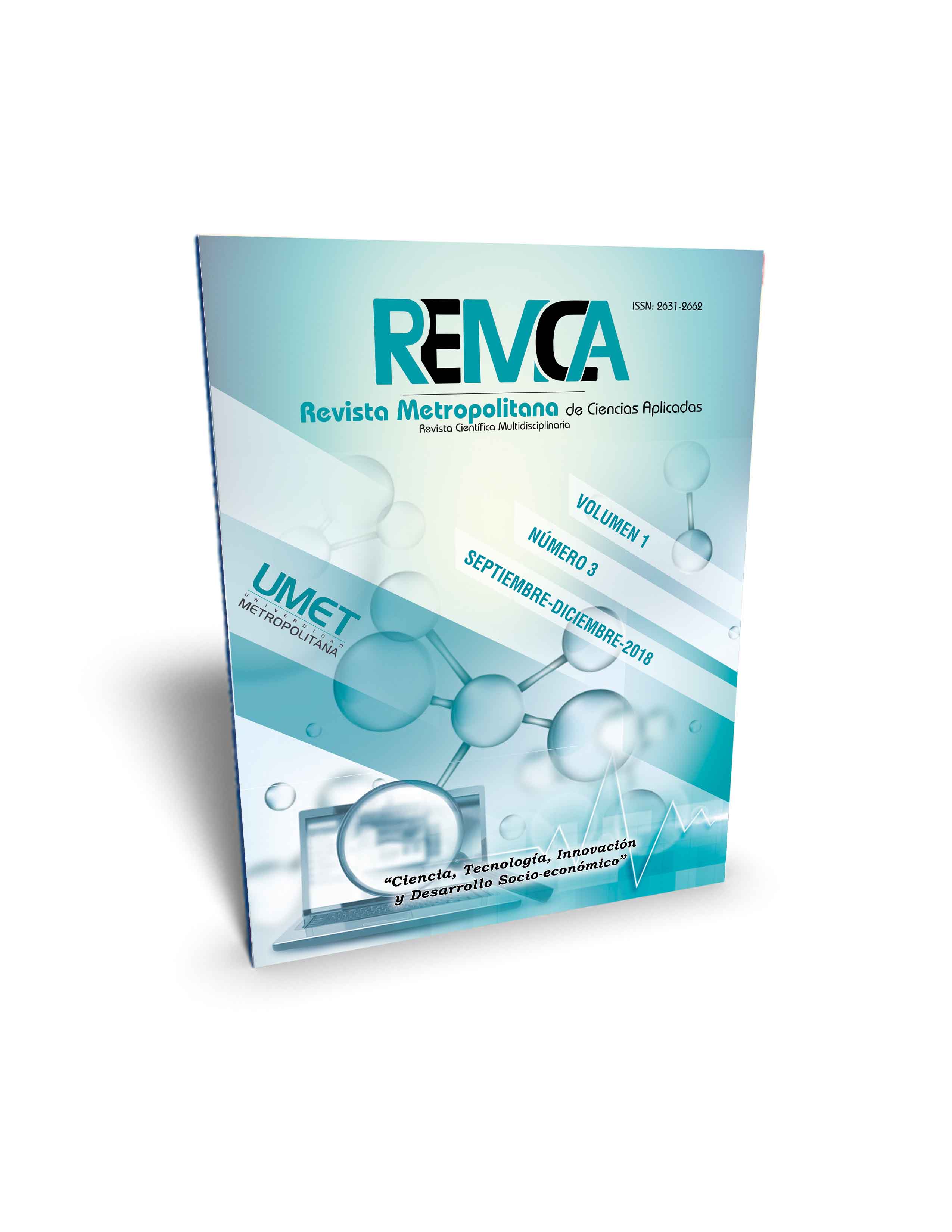The principles of action of the court in judicial corruption prevention
DOI:
https://doi.org/10.62452/bnbq3z56Keywords:
Principles, judicial corruption, judgesAbstract
The principles in the field of the law have been put forward in defense of dissimilar theoretical positions and practices. The present article, is dedicated to the approach of the principles from a new perspective, the derivative of the performance of judges or judges in the performance of one of the most important functions of the State, the impart justice. Even though judicial corruption is a multicausal criminal phenomenon and it is not possible in these lines to cover the harmful effects that this represents to any social system, within the grounds that could cause or encourage her behavior is incorrect or improper performance of the judges. Hence, it is necessary that these people meet and enforce the laws on the basis of these basic principles to ensure the transparency of the judicial function. Regulations, statutes, codes that norm or regulate judicial activity should be governed by the principles that are here postulated, otherwise, there is a risk of corruption. This is intended to encourage through this article, the proper judicial action to contribute to the prevention of corruption in this sphere of social life.
Downloads
References
Aquino, S. (1485). Suma Teologica. Recuperado de http://hjg.com.ar/sumat/c/c58.html
Bolivia. Corte Suprema de Justicia. (1993). Ley 1455. Ley de Organizaciòn Judicial de Bolivia. Gaceta Oficial 1777. La Paz: Corte Suprema de Justicia.
Carrasco, H. (2006). Los Jueces y su Ética. Bogotá: Editorial ABC.
Colombia. Congreso de la República. (1996). Ley 270. Diario Oficial 42745. Bogotá: Congreso de la República.
Ecuador. Asamblea Nacional Constituyente. (2008). Constitución de la Republica de Ecuador. Montecristi: Asamblea Nacional Constituyente.
Fernández, R. (2006). El Principio de Contradicción. Tesis en opción al grado de Doctor en Ciencias Jurídicas . La Habana: Universidad de La Habana.
Guatemala. Congreso Nacional. (1993). Constitución Política de la República de Guatemala. Ciudad de Guatemala: Congreso Nacional.
Guatemala. Congreso Nacional. (2002). Ley del Organismo Judicial. Decreto 2-89. Guatemala: Editorial Librería Jurídica.
Nicaragua. Corte Suprema de Justicia. (1998). Ley del Organismo Judicial de Nicaragua. Gaceta Oficial 137. Managua: Corte Suprema de Justicia.
Organización de Naciones Unidas. (1985). Séptimo Congreso de las Naciones Unidas sobre Prevención del Delito y Tratamiento del Delincuente. Milán: Publicación de Naciones Unidas.
Perú. Congreso Constituyente Democrático. (1993). Constitución Política del Perú. Lima: Congreso Constituyente Democrático.
Perú. Ministerio de Justicia y Derechos. (2005). Ley Orgánica del Poder Judicial. Lima: MINJUS.
Sansó, R. (1996). Monografías sobre Justicia. Caracas: Academia de Ciencias Políticas y Sociales.
Venezuela. Congreso Nacional. (1998). Ley del Organismo Judicial de Venezuela. Gaceta Oficial 5232. Caracas: Congreso Nacional.
Downloads
Published
Issue
Section
License
Copyright (c) 2018 Marily Rafaela Fuentes Águila, Pedro Enrique Castellanos Fuentes, Alizia Agnelli Faggioli (Autor/a)

This work is licensed under a Creative Commons Attribution-NonCommercial-ShareAlike 4.0 International License.
Authors who publish in Revista Metropolitana de Ciencias Aplicadas (REMCA), agree to the following terms:
1. Copyright
Authors retain unrestricted copyright to their work. Authors grant the journal the right of first publication. To this end, they assign the journal non-exclusive exploitation rights (reproduction, distribution, public communication, and transformation). Authors may enter into additional agreements for the non-exclusive distribution of the version of the work published in the journal, provided that acknowledgment of its initial publication in this journal is given.
© The authors.
2. License
The articles are published in the journal under the Creative Commons Attribution-NonCommercial-ShareAlike 4.0 International License (CC BY-NC-SA 4.0). The terms can be found at: https://creativecommons.org/licenses/by-nc-sa/4.0/deed.en
This license allows:
- Sharing: Copying and redistributing the material in any medium or format.
- Adapting: Remixing, transforming, and building upon the material.
Under the following terms:
- Attribution: You must give appropriate credit, provide a link to the license, and indicate if any changes were made. You may do this in any reasonable manner, but not in any way that suggests the licensor endorses or sponsors your use.
- NonCommercial: You may not use the material for commercial purposes.
- ShareAlike: If you remix, transform, or build upon the material, you must distribute your creation under the same license as the original work.
There are no additional restrictions. You may not apply legal terms or technological measures that legally restrict others from doing anything the license permits.




